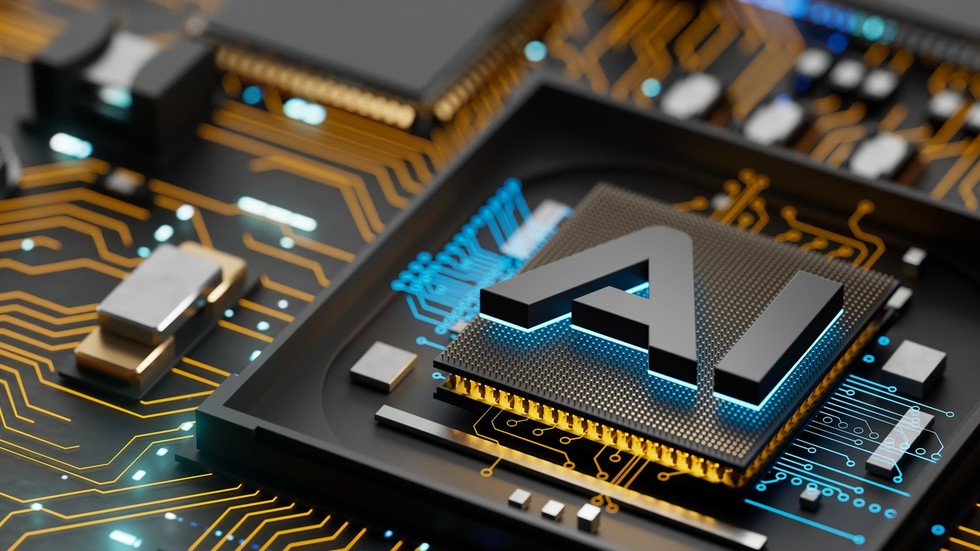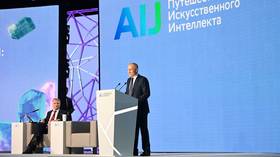
Powerful programs may even be built without a quantum computer, according to Ruslan Yunusov

© Getty Images / Just_Super
AI could become self-aware within the next ten years even without the use of special quantum computers, Russian researcher Ruslan Yunusov claimed in an interview with TASS published on Thursday.
Quantum computers – which use the properties of quantum physics to store data and perform operations – are still in the early stages of development and currently have limited capabilities. However, Yunusov explained that they are “somewhat similar to the associative model of the human brain,” which could make them a suitable candidate to develop conscious AI.
According to the expert, who is the co-founder of the Russian Quantum Center, a “truly strong artificial intelligence, which is capable of self-awareness, can be built on a quantum computer.”
However, the development of self-aware AI does not necessarily require a quantum computer, Yunusov suggested, arguing that computers with silicon-based processors could also be used. In order to make that happen, there would have to be a “multiple increase in the power of the computing system and a significant increase in the efficiency of the mathematical algorithms used,” the expert said.
The probability of self-conscious AI being created within the next decade is “no longer negligible” and could “really happen,” he concluded.

Read more
Yunusov, who also serves as an adviser to the general director of Russian state atomic energy corporation Rosatom, will next week participate in discussions on developing quantum computers at the Forum of Future Technologies in Moscow. In June, he predicted that the first Russian quantum computers could be connected to a cloud quantum computing platform within 18 months, allowing people to use them through internet browsers.
As countries around the world continue to invest heavily in the development of AI, Russian President Vladimir Putin stated in November that the technology effectively opens up “a new chapter” of human existence. It is increasingly being implemented in all spheres of life, including science, education, and healthcare, the Russian leader noted.
Putin described the rapid development of generative AI, capable of creating images and text, as an “outstanding achievement of the human mind.” However, he also acknowledged that the onset of AI raises a number of ethical, moral, and social questions regarding its potential use.
The Russian leader suggested that since it was virtually “impossible” to halt the development of AI, countries should develop guidelines for its use based on traditional values and culture, which would ensure “reliable, transparent, and safe AI systems for humans.”




